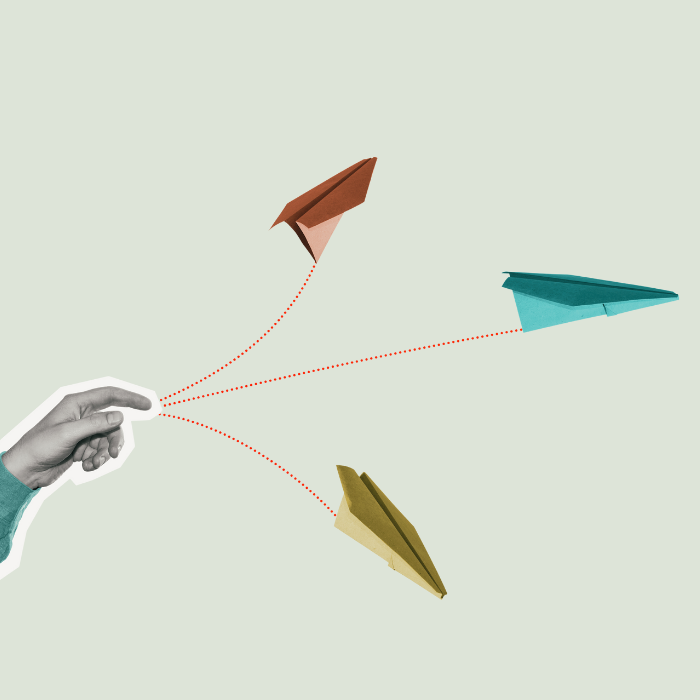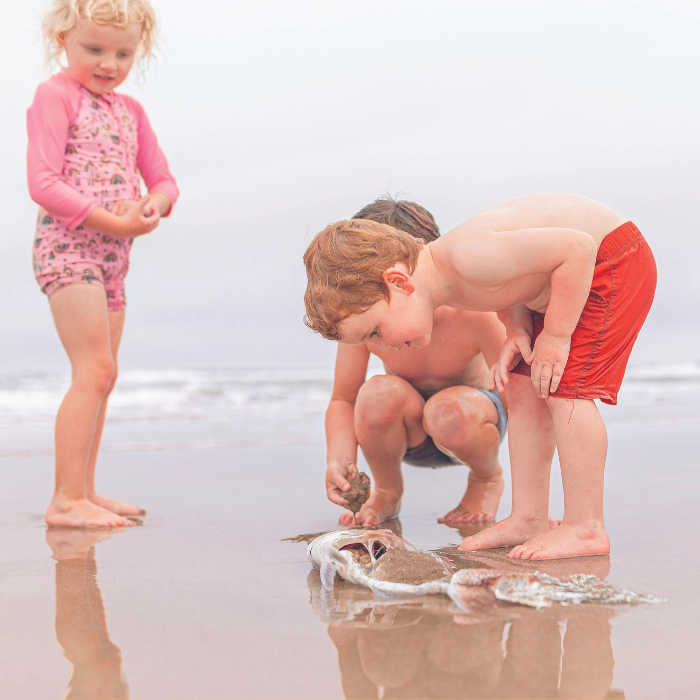
Yvonne Walus explains the physical and mental benefits of tuition — and discovers what’s on offer.
Schools in Aotearoa are very good at balancing academic learning with sports and arts as part of the curriculum. However, there are a myriad of extra activities available outside of school that can broaden your child’s mind, teach new skills, expand their circle of friends and — perhaps best of all — leave less time for telly.
Academic
If your child doesn’t love school, talk to them and raise your concerns with their teacher. Your child might need affectional learning support outride the classroom, either with a tutor or at a private learning centre (Kim McGrath, Thinking2morrow).
Alternatively, your child could simply feel bored with schoolwork, in that case, they might enjoy learning a new language, particularly as research shows that learning another language improves memory, mental flexibility, concentration and listening skills. They could also join a club to play chess or strategic board games, or even attend an alternative school once a week (MindPlus offers creative strength-based learning that stretches the children’s abilities and introduces creative thinking).
Sport
Sport can improve children’s fitness levels, coordination and problem-solving. It can even promote clearer thinking at school because of all the movement and blood circulation, and improved nutrient metabolism. Additionally, team sports foster social skills and the ability to work within a group.
A lot of team sports will be available through your school: netball, touch, flippa ball (a precursor to water polo) to name a few. Your local YMCA will offer more, from gymnastics and judo to squash, swimming and water safety. If your child shows a love and promise in a particular sport, these after-school activities could lead to playing for clubs, regional, or even national teams later in life.
Music and performance
Exposure to music helps the body and mind work together. It supports brain development and promotes literacy and language skills. Playing an instrument can hone their fine motor skills and stimulate the parts of the brain responsible for mathematical learning.
If your child is not keep on music education, they might enjoy dancing. There are many dance forms to choose from: ballet, jazz, hip0hop, ballroom, tap, folk — they all have a positive impact on fitness levels, agility, flexibility, muscle development, timing, coordination as well as rhythm.
Drama is sometimes overlooking in early primary school, and drama lessons are often more about sining, dancing or dress-up, rather than acting. Even so, drama lessons and public performances are a good way to boost your child’s confidence.
Design and tech
D&T is often underrated as a subject or an extracurricular activity. We tend to think of technical drawings and engineering, instead of designing solutions to improve people’s lives. Students are encouraged to make decisions, consider real-life situations and learn how to avoid problems caused by inadequate design.
Electronics
Wait, what? Is introducing children to even more electronics a bad idea? As computers are with us to stay, moderation should be the key. Also, passively consuming video games is different from actively coding video games or running a YouTube channel. By taking a creative role, children learn to understand the influence of games and social media on our society. Whether it’s a robotics club, a web-design course or coding lessons, your child can only benefit from exposure to the world behind the electronics scene.
But don’t overdo it …
Even if your calendar allows and you don’t mind being a full-time ‘Uber’ driver, don’t be tempted to cram your diary full of after-school activities. Children need time for homework, socialising, doing chores and being bored. The age-old wisdom suggests one sport and one cultural activity per term. Anything more could prove hard on the budget, and too overwhelming for the child.








